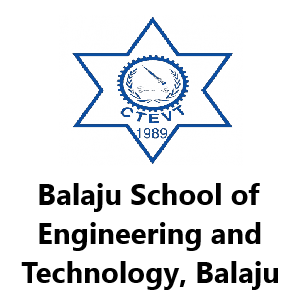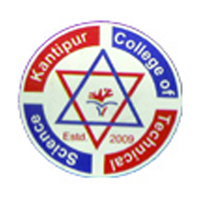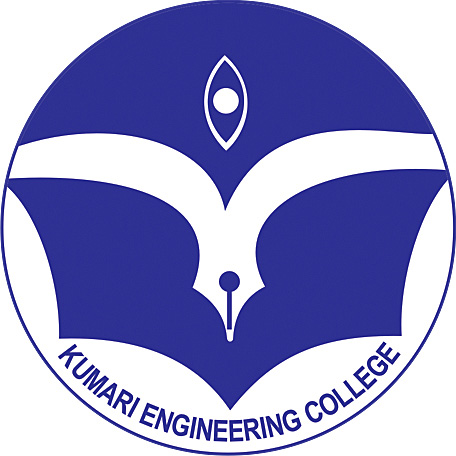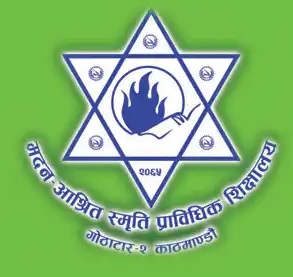Overview
Diploma in Civil Engineering at Kathmandu Institute of Technology (KIT)
The Diploma in Civil Engineering at Kathmandu Institute of Technology (KIT), Dhapasi, Kathmandu, is a three-year program affiliated with the Council for Technical Education and Vocational Training (CTEVT), Nepal.
This course is designed for students interested in building, designing, and maintaining physical structures and infrastructure that support modern life.
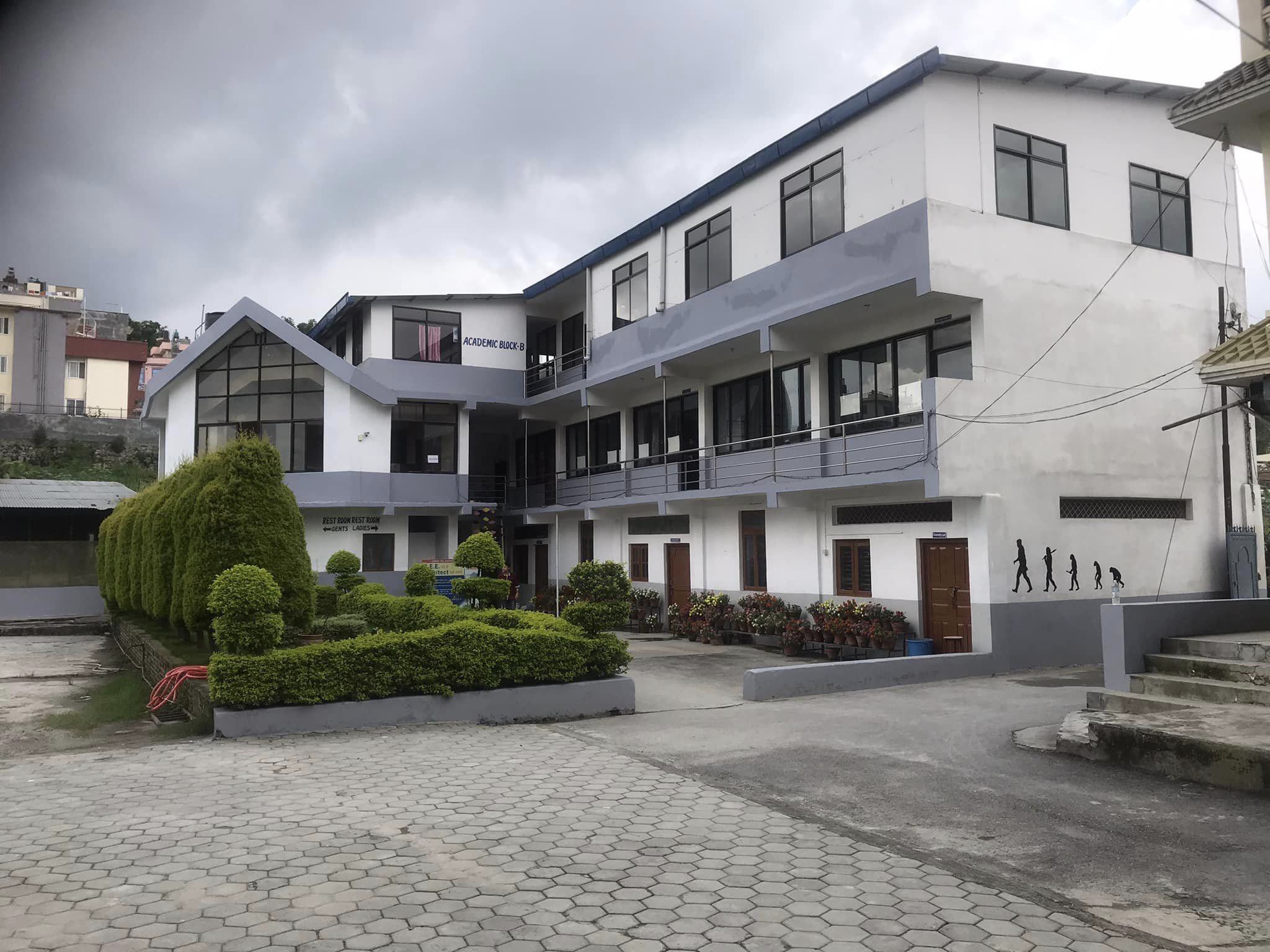
About the Program
Civil engineering is one of the oldest and most essential branches of engineering. At KIT, students are introduced to the practical applications of their studies through a structured mix of theory and hands-on work.
From planning roads and buildings to water supply systems and bridges, this course provides learners with a clear understanding of how infrastructure projects are developed and executed.
KIT follows the official CTEVT curriculum, ensuring national recognition and consistency with Nepal’s technical education standards.
What You’ll Study
Over six semesters, students will study core topics that cover various aspects of civil engineering, including:
-
Engineering Drawing and Surveying
-
Structural Mechanics and Analysis
-
Hydraulics and Irrigation
-
Transportation Engineering
-
Soil Mechanics and Foundation Engineering
-
Construction Technology and Materials
-
Estimating and Costing
-
Environmental and Sanitary Engineering
-
Final Project and On-site Field Training
A full syllabus is shared with students upon enrollment as per the CTEVT-approved course plan.
Course Duration and Enrollment Capacity
The course runs over three academic years, divided into six semesters. As per CTEVT guidelines, KIT admits up to 48 students per intake. This limited class size allows for more interaction during lab sessions, site visits, and project work.
Who Can Apply
Applicants must meet one of the following requirements:
-
Passed the SEE or equivalent with a minimum GPA of 1.6, and at least D+ in English, Mathematics, and Science
-
Completed a related TSLC/Pre-Diploma program with at least 68.33% aggregate marks
Students must also pass the CTEVT entrance examination to be admitted.
Skills and Competencies
After completing the program, students will be able to:
-
Read and prepare engineering drawings and plans
-
Use surveying equipment and tools for fieldwork
-
Analyze and interpret data related to soil, water, and materials
-
Supervise and manage small- to medium-scale construction projects
-
Prepare cost estimates and project reports
-
Follow safety and quality standards in construction
-
Work independently or in teams on technical assignments
Career Possibilities
Graduates of this program can work in the public or private sector in roles such as:
-
Junior Civil Engineer
-
Site Supervisor
-
Draftsperson
-
Survey Technician
-
Estimator
-
Construction Assistant
-
Water Supply or Sanitation Technician
They may find employment in:
-
Building and road construction companies
-
Hydropower and irrigation projects
-
Government engineering offices
-
Urban development and planning units
-
NGOs working in infrastructure and disaster management
Students can also continue their studies in a bachelor’s program in civil engineering or a similar field.
Fees
KIT follows the official fee structure approved by CTEVT. There are no additional charges beyond what is set by the council. Students or guardians can contact the administration for the full breakdown of fees.
Learning Approach at KIT
Students at KIT learn through lectures, lab sessions, surveying fieldwork, construction practice, and project-based assignments.
Instructors support students throughout each semester with guidance informed by both classroom experience and industry knowledge.
In the final semester, students complete a capstone project and participate in a field-based internship, preparing them for real-world technical tasks.
Scholarship
KIT offers scholarship opportunities under the CTEVT scholarship entrance examination system. Full and partial scholarships are awarded based on entrance results and eligibility categories as outlined by CTEVT each year.
Why Study Civil Engineering at KIT?
KIT has been providing CTEVT-affiliated programs since 2057 B.S. The Civil Engineering program is structured to give students both practical skills and academic understanding.
The college offers access to necessary equipment, trained faculty, and a supportive learning environment. Students are trained to meet both technical and workplace expectations from the start.



